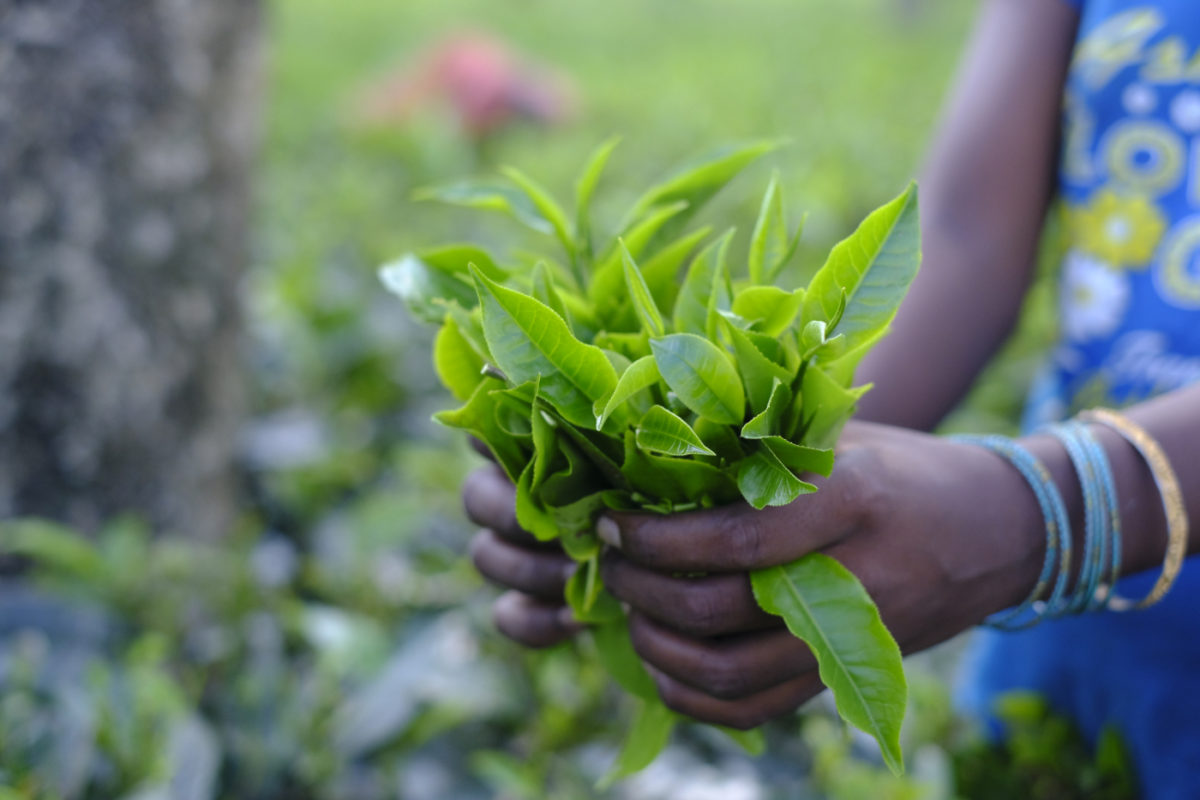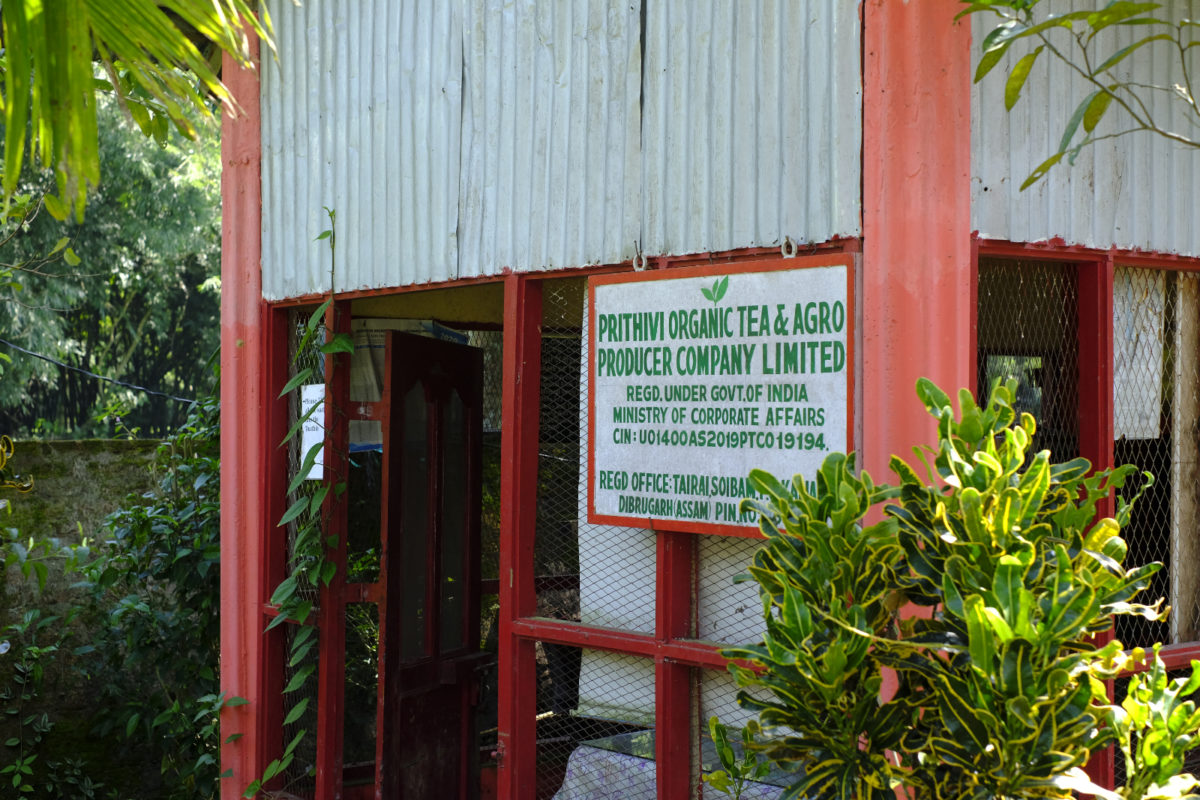Which country does Assam black tea come from? Is Assam black tea suitable for making milk tea? What grade of tea does Assam black tea belong to?
Subhasish Borah and Bidisha Das (from Assam) were discussing a disappointing $2.75 (200 rupee) cup of Assam black tea at an upscale restaurant in Ahmedabad, India, when the reason for the creation of folk tea became clear. A dialogue about the attractive quality of Assam tea has evolved into a partnership with marginalized small tea farmers to provide natural "home-grown" tea in bulk. Subhasish, 30, and Bidisha, 29, decided to "step out" from their steady full-time jobs (teaching urban planning and international relations, respectively) and embrace all aspects of tea wholeheartedly: growing tea, understanding the production process, teaching themselves the science, and learning about the potential land of Assam. They first teach themselves, and then share the traditional Assam tea culture and tradition with others. This thirst for knowledge is the basis of their slogan: "go out and come in, a local tea movement is brewing." The emphasis on the local characteristics of Assam (rather than making tea in accordance with the expectations of the export market) shows respect for land customs and craftsmanship. The Folk Chronicles of Tea "passes by, publicizing the local understanding of tea, who makes tea, leaf-making tea, cultural temperament, and even the whole tea movement." In this interview, the company's co-founder Subhasish Borah describes a holistic approach to how "folklore tea" promotes cup after cup of mutual understanding, unique creative pursuits (such as pairing poetry with tea) and the impact of city closure.

How do you cultivate awareness of Assam tea, culture and tradition? How do you want to maintain these conversations? Subhasish Borah: when we talk about Assam tea, this is a relatively new topic because tea is a social and cultural custom. Since the 1960s, Assam Tea has been known as CTC (cut and knead processed black tea) or commercial grade milk tea (chai). Therefore, tea culture did not evolve around Assam society. Assam is rich in material and intangible cultural heritage, but tea does not occupy much space. Tea as a culture did not infiltrate the community in Assam because it always stayed on the manor. For a long time, the circulation of tea was restricted, and the only bridge between tea and people was the manor, which did not keep the bridge open. Although tea is grown and processed throughout Assam, people's understanding of tea is still vague because of cultural differences. Assam has been producing traditional tea and green tea for decades, but people do not know what green tea or oolong tea is. Because of the central media, people in Assam have learned about green tea and its benefits. In this country, it is absurd that information about tea must be shared, but I am still happy with this reverse relationship because it helps to raise awareness of tea. We often engage in dialogue through publicity activities to discuss tea, people and culture. We are producing a biweekly magazine to raise awareness of tea and the daily lives of tea farmers and workers. In addition, we also hold exhibitions to show tea and its rich history in various parts of the country.
Ennis: can you tell us how you recognize gardeners and promote sustainable practices to ensure that "not passive recipients, but dynamic actors constantly involved in the tea value chain"? Subhasish: at present, the growers we work with and the way they treat tea are very natural and sustainable. There are growers, gardeners who keep the garden clean, and their families. Everything is a very close group, and everyone has a specific role. This is not to say that a leading worker works in the tea industry while his wife and children are not involved. No, no. The whole process involves the whole family. Although the area is small, we work with growers who grow small gardens. We know everyone's name and they are all close relatives. This is not a large enterprise with many participants, the name is unknown and control is out of control, because the agenda has become mass production, not quality production. In folk teahouses, all the contestants are responsible for all the steps. We believe that this is the key to our philosophy: to bring all people together.
Important Notice :
前街咖啡 FrontStreet Coffee has moved to new addredd:
FrontStreet Coffee Address: 315,Donghua East Road,GuangZhou
Tel:020 38364473
- Prev

A 16-year-old high school boy in Kansas has founded a coffee brand! Its official website tells the story behind
Just want to ask what you were doing when you were 16? Go to school? All kinds of tutoring classes? Or play with mud? BenCloud, from Shawnee, Kansas, founded a coffee brand and became an entrepreneur. This may be what your mother called someone else's child! [cloud Coffee
- Next

Assam organic black tea which tea garden brand tastes better? What's the difference between organic black tea and ordinary black tea?
Tea lovers are attracted by the high-quality tea of folk customs and stories dedicated to the maintenance of local culture and sustainable development. Can you tell us your decision to give up organic certification, reject any mechanical processing and use environmentally friendly packaging? Why is this important and how does it affect the final product? Organic Tea Movement in Assam
Related
- The ceremony is full! Starbucks starts to cut the ribbon at a complimentary coffee station?!
- A whole Michelin meal?! Lucky launches the new "Small Butter Apple Crispy Latte"
- Three tips for adjusting espresso on rainy days! Quickly find the right water temperature, powder, and grinding ratio for espresso!
- How much hot water does it take to brew hanging ear coffee? How does it taste best? Can hot water from the water dispenser be used to make ear drip coffee?
- What grade does Jamaica Blue Mountain No. 1 coffee belong to and how to drink it better? What is the highest grade of Blue Mountain coffee for coffee aristocrats?
- What are the flavor characteristics of the world-famous coffee Blue Mountain No. 1 Golden Mantelin? What are the characteristics of deep-roasted bitter coffee?
- Can I make coffee a second time in an Italian hand-brewed mocha pot? Why can't coffee be brewed several times like tea leaves?
- Hand-brewed coffee flows with a knife and a tornado. How to brew it? What is the proportion of grinding water and water temperature divided into?
- What is the difference between Indonesian Sumatra Mantinin coffee and gold Mantinin? How to distinguish between real and fake golden Mantelin coffee?
- What does bypass mean in coffee? Why can hand-brewed coffee and water make it better?

